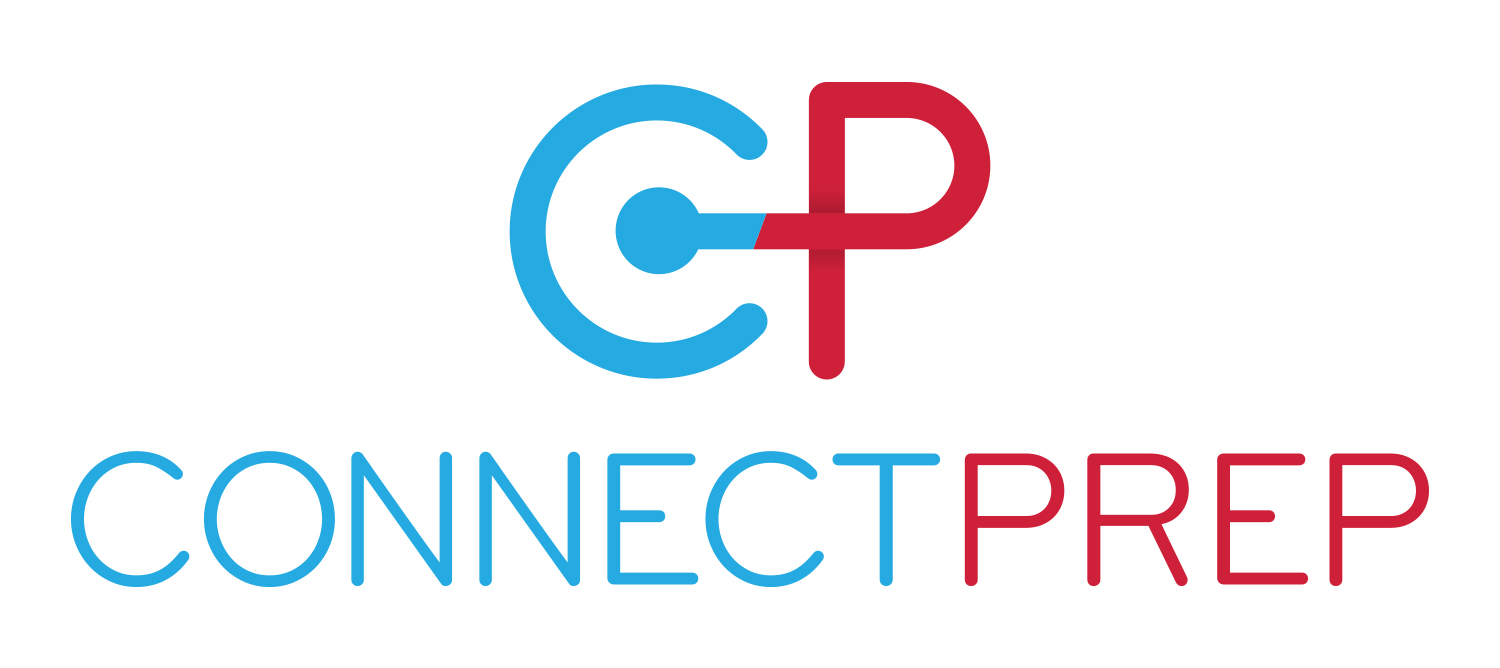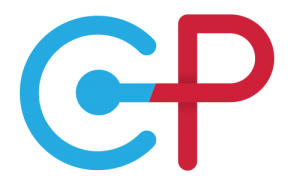Let’s face it, COVID-19 is changing education as we know it. The first 18 years of your child’s life are what shapes them into the person they will become. Education is constantly evolving and this pandemic has sparked a shift in how parents choose to educate their children. So, the big question is: What are some of the available options? ConnectPrep is here to explain and some of those options to you.
In-person hybrid school model:
- The curriculum is provided by the school
- Classes and assignments are conducted both in-person and at home
- There is a relatively even split between remote and in-person learning
- Option 1:
- In-class time can be used for assessments, individual instruction, group discussions, counseling/mental health appointments, and hands-on activities such as science labs
- Out-of-class time can be used for viewing lecture videos, completing problem sets, and general studying. Video calls or other technology is used to facilitate teamwork and collaboration amongst students while not in the classroom
- Option 2
- In-class time can used for core subjects: Language arts, social studies, mathematics, and science
- Out-of class time can be used for electives, physical education, and health class
- Instructors are normal teachers from student’s school, NOT hired privately by parents
- In-person lessons are taught to smaller class sizes with students sitting socially distanced throughout the classroom, following COVID-19 safety guidelines
- Instructors can remain at the front of the room behind a clear protective barrier
- Preserves social aspect of schooling while minimizing contact between students
- Multiple groups of students alternate between in-person and online classes throughout the week in order to limit exposure amongst students
- In some instances, students remain in a single classroom while only the instructor switches rooms to teach new material
- Students have access to all essential resources which were previously available to them
- Food/lunch for the day
- Counseling services
- Special education services
- Supervision during parent’s work day
- Technology (computers, printers, WiFi, etc.)
- Risk of contracting COVID-19 via in-person classes
Online public school:
- Curriculum is provided by the school
- Syllabus is divided into modules or lessons which contain text information as well as supplemental videos
- Students work through course content and answer short, quick questions to reinforce learning
- Quizzes are assigned at the end of modules to assess a student’s progress and ability to move on
- Classes and assignments are conducted at home via Zoom or other online services
- Students may complete assignments and watch lecture videos independently while meeting online regularly with peers for group discussions, live lessons, exams, etc.
- Lessons are taught to groups of students, with individual help made available on a case-by-case basis
- Students must seek out help and schedule meetings individually
- Instructors must be certified by the state
- Instructors are not as involved as in other methods of teaching because large amounts of instruction is provided via online modules
- Education is tailored to learning styles of group of students, academically and schedule-wise
- Interaction with peers is limited to computer contact
- Students are expected to spend many hours per day in front of a computer screen
- Assessments such as tests, quizzes, or exams may take place in person with a proctor or online, depending on the school
- Schools are required to provide counseling services for all students as well as special education services for students who require it
- Individuals With Disabilities Education Act requires that these schools provide special educations services, but many schools don’t have clear policies on how this is done
- Inconvenient for parents who work during the day while students are home or at a library studying. Parents will likely need to assist students occasionally to supplement instruction from their normal, adult instructor
- No risk of contracting COVID-19
Traditional homeschooling:
- Curriculum is provided by parents/guardians and approved by state
- Must cover material involving reading & writing, spelling & grammar, mathematics, and social studies (U.S. history and government)
- Classes and assignments are conducted at home
- State standardized tests are not required, but can be useful for parent/guardian to assess the progress of their student(s)
- Instructors/parents can be certified by the state, depending on the requirements with each state
- Instructors must have a high school diploma, G.E.D. certificate, sufficient standardized test scores, or other qualifying credentials
- Lessons are taught individually or to small group of students, allowing for personalized help at any given time
- Can be a one-on-one environment or a small group of peers
- Education is tailored to learning style of the individual/small group of students
- Interaction with peers can be very limited or nonexistent
- Online groups exist which help connect families and students who use homeschooling. These groups provide a social aspect as well as a network of members who offer advice and resources
- Difficult for parents to work because they are needed to help students with both schoolwork and homework assignments
- Minimal risk of contracting COVID-19, depending on number of students involved and safety practices being followed
Pod learning (1:1 or 2-6 students):
- Curriculum is often provided by the school, but it does not have to be
- Curriculum and instructors available for students in grades K-12
- Students learn in-person in groups of 2-6 usually
- Small groups allow for frequent, individual help and a learning environment/pace which suits the needs of all students
- Classes and assignments are conducted in a designated study area
- Study area is usually the home of a student in the pod, but can rotate between homes or locations
- Instructors do not have to be certified by the state, but often are
- Instructors can be sourced in a variety of ways
- Parents of students in pod can hire private instructors
- Parents of students in pod can teach classes themselves, or share the job amongst multiple parents
- Schools can provide instructor or hire a private instructor for students
- Lessons are taught to groups of 2-6 students, with help made available at any given time
- Grades levels can be the same or mixed
- Lessons cover core subjects such as language arts, mathematics, science, and social studies
- Enrichments/electives such as dance, theater, photography, etc. are also provided to teach teamwork, responsibility, and leadership and to provide students with a more robust and complete education
- Classes are scheduled according to availability of students and instructors
- Optimal for parents who work because classes can be scheduled during the work day where supervision will be provided
- Benefits of in-person instruction with smaller classroom sizes
- Safer than traditional, in-person classes due to reduced number of students
- Minimal risk of contracting COVID-19
Sources:
- https://www.edweek.org/ew/articles/2020/06/25/hybrid-school-schedules-more-flexibility-big-logistical.html
- https://www.vox.com/2020/7/28/21340222/learning-pods-covid-private-pandemic-education-school
- https://www.k12.com/online-public-schools/homeschool.html
- https://www.wtap.com/content/news/Homeschool-and-remote-learning-options-during-the-COVID-19-pandemic-570992251.html
- https://www.nytimes.com/article/learning-pods-coronavirus.html
- https://www.codlearningtech.org/PDF/hybridteachingworkbook.pdf
- https://www.cbsnews.com/news/learning-pods-coronavirus-pandemic-schools-wealth-disparity/


